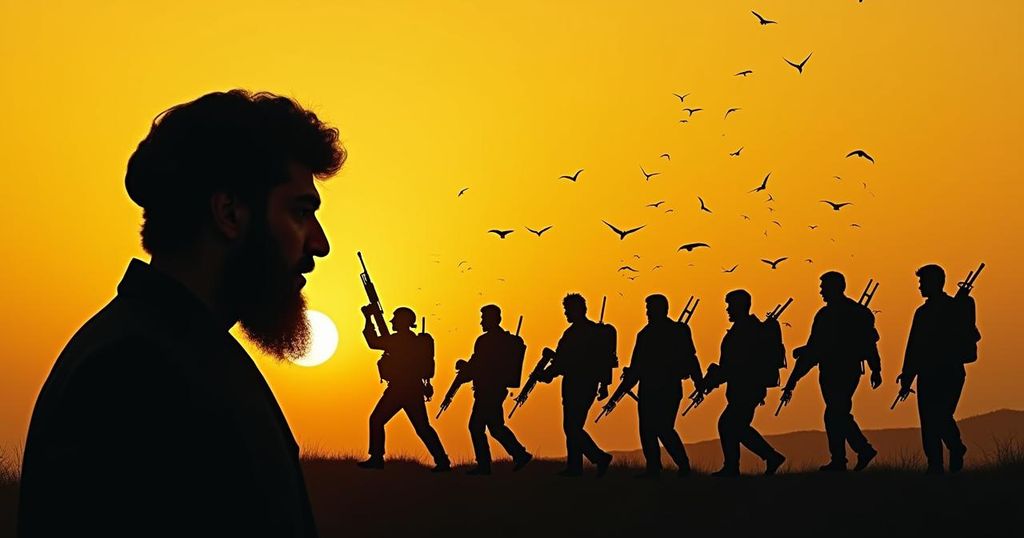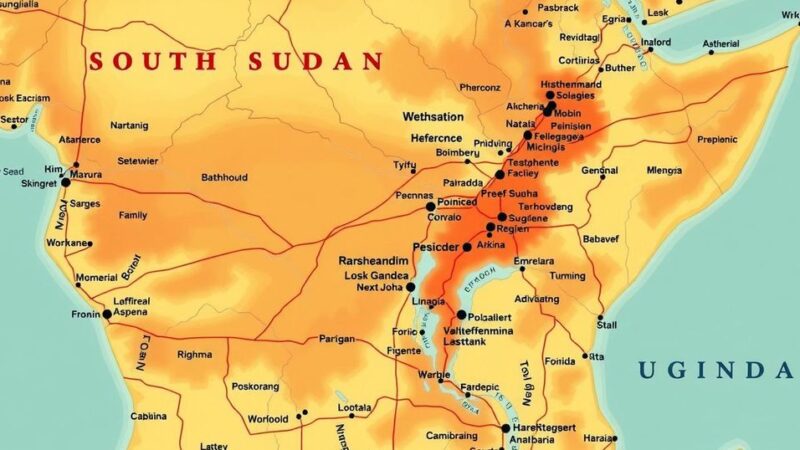Hassan Nasrallah, Hezbollah’s leader, was killed in an Israeli airstrike, raising fears of regional war amid escalating Israeli-Hezbollah conflicts. Known for his military and political roles, Nasrallah led Hezbollah’s resistance against Israel for decades, influencing its strategy during significant confrontations. His death could alter Hezbollah’s future, as the group confronts retaliatory strikes and political turmoil following the Israel-Hamas conflict.
Hassan Nasrallah, the leader of Hezbollah, was recently reported killed in an Israeli airstrike, marking a significant moment in the ongoing conflicts in the Middle East. At the age of 64, Nasrallah had transformed Hezbollah from a militant group into a formidable military and political entity in the region. His leadership saw Hezbollah engage in various conflicts, including a notable war with Israel in 2006 and extensive involvement in the Syrian civil war, demonstrating his commitment to the Iranian-backed resistance against Israel and Western influence. Following his assassination, Hezbollah issued a statement declaring him a martyr, highlighting his three-decade leadership which the group claimed was filled with victories on the path to Jerusalem. The circumstances surrounding his death have raised concerns about a potential escalation into broader regional warfare, particularly as tensions have flared amid the ongoing Israel-Hamas conflict that reignited in October 2023. Under Nasrallah’s command, Hezbollah had retaliated against Israel through cross-border attacks and had supported the Palestinian cause, leading to heavy reprisals from Israeli forces. This week has seen devastating consequences in Lebanon, including a series of Israeli airstrikes that resulted in significant casualties. Nasrallah, revered by his followers, remained a contentious figure, seen as both a national hero and a terrorist leader depending on one’s perspective. As Hezbollah finds itself in a precarious position following Nasrallah’s death, the group’s future direction remains uncertain amid escalating violence and diverging regional interests, particularly with the United States and its allies.
Hassan Nasrallah rose to prominence as the Secretary-General of Hezbollah after the assassination of Sayyed Abbas Musawi in 1992. His tenure was marked by significant military confrontations, particularly the 2006 Lebanon War against Israel where Hezbollah claimed a tactical victory, altering the group’s standing in the Arab world. During the Syrian civil war, Nasrallah aligned Hezbollah with the Assad regime, complicating its standing among many Arab nations. His guidance emphasized resistance against Israel and American influence, qualities that contributed to his revered status among Lebanese Shiites and Iranian allies.
The death of Hassan Nasrallah poses profound implications for Hezbollah and the wider Middle Eastern geopolitical landscape. As he played a central role in galvanizing anti-Israel sentiments and organizing military efforts against Israeli incursions, his loss may lead to internal and external challenges for Hezbollah. The potential for increased conflict in the region raises tensions further, with global implications tied to the responses from Iran, Israel, and allied Arab states. Nasrallah’s leadership provided Hezbollah with a dual identity of militant force and political actor, an identity now sure to be tested in the wake of his passing.
Original Source: www.pbs.org






